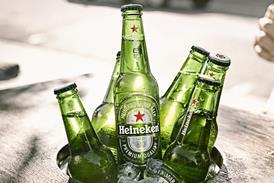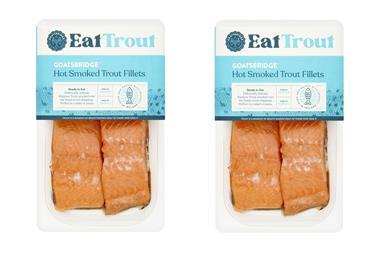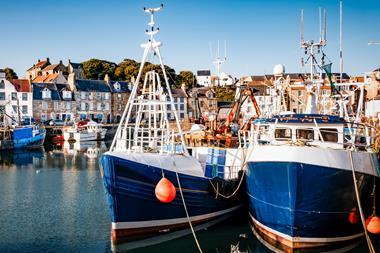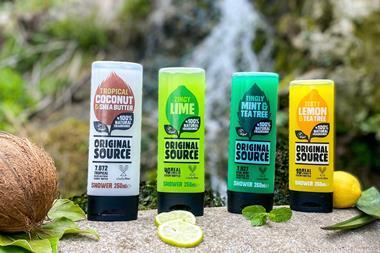
The scampi industry has “strongly disputed” claims that its product is not caught “responsibly”.
Earlier this week, campaign group Open Seas submitted a complaint to the CMA about how ’responsibly sourced’-labelled scampi was misleading consumers.
The charity said the Scottish bottom-trawl fishery that supplied most of the mults’ scampi was “badly run and causes so much environmental harm that no reasonable and objective person would consider it ‘responsible’”.
The complaint referred to specific supermarkets including Co-op, M&S, Sainsbury’s and Tesco.
Whitby Seafoods, the sector’s leading supplier, protested the claim and said the use of “responsibly sourced” was “in line with strict third-party guidance from the Sustainable Seafood Coalition”.
However, Open Seas said the coalition had redefined the definition of responsible “to suit the interests of companies that have a direct financial interest in selling seafood”.
“The way scampi is produced unfortunately has all the hallmarks of an irresponsible fishery,” said Nick Underdown, head of campaigns at Open Seas. “We’ve raised these concerns with supermarkets, but they continue to sell scampi as ‘responsibly sourced’.”
Read more:
-
Whitby Seafoods leads scampi industry sustainability agreement
-
‘Remove scampi from shelves until bycatch problem fixed’ supermarkets urged
Whitby insisted it had a “strong track record in building on the work of the scampi fishing industry in driving improvements to sustainability”.
The move by Open Seas marks the latest development in a dispute dating back to last autumn, which led industry body Seafish to publish an article in November on why UK scampi could stay on the menu, highlighting “unfair criticism” the fishery causes damage to seabed habitats.
“We know that trawling can have an impact on the seabed, but the research highlights that for many of these habitats, the impacts of Nephrops fishing (trawls and pots) does not cause serious or irreversible harm and that the Nephrops fishery meets the required MSC sustainability standard,” the article said.
Seafish also outlined how the Nephrops fishery was part of a fishery improvement project (FIP) which involved working with government and scientists to be more sustainable.
However, Open Seas said the FIP administered by the Marine Stewardship Council had been recently found to be inactive due to its “failure to meet social responsibility policy”.
“We welcome the opportunity to explain to the CMA, or any other relevant party that asks us for clarification, about this important subject,” said a Whitby spokeswoman.



















No comments yet